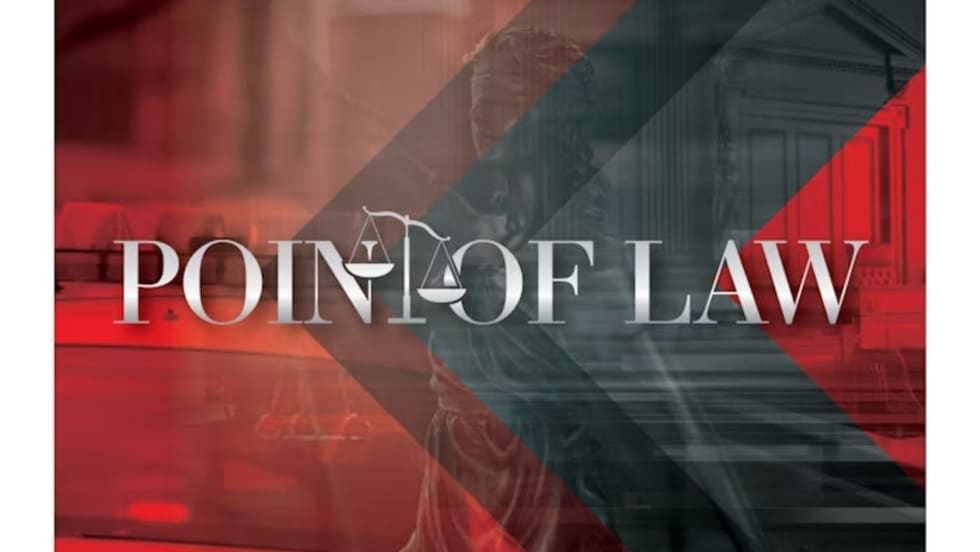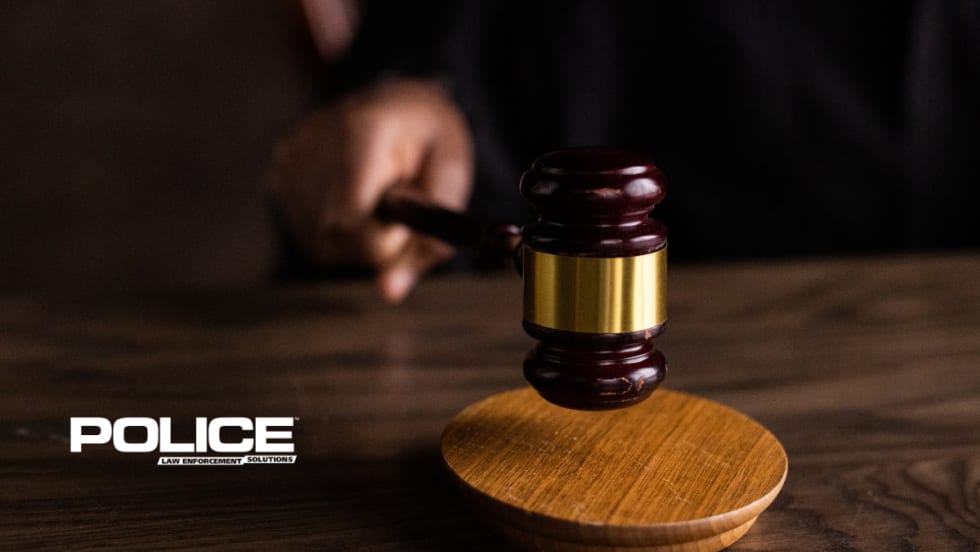The California Assembly Friday passed a bill that modifies qualified immunity for law enforcement officers in the state and creates a state procedure for decertifying officers.
CA Assembly Passes Police Bill That Restricts Qualified Immunity, Creates Decertification Process
Gov. Gavin Newsom now has 12 days to sign or veto the bill, which passed the California Assembly with a vote of 46 to 18 on Friday. It was previously passed in the state Senate on May 26 with a vote of 26 to 9.

Gov. Gavin Newsom now has 12 days to sign or veto the bill, which passed the California Assembly with a vote of 46 to 18 on Friday. It was previously passed in the state Senate on May 26 with a vote of 26 to 9, Business Insider reports.
The bill, if signed into law the bill would effectively end qualified immunity for law enforcement in certain cases.
It would also set up a process by which law enforcement officers charged with wrongdoing — including sexual assault, excessive use of force, and perjury — are stripped of their badges.
“This is not an anti-police bill. This is an accountability bill. Without any accountability, we lose the integrity of the badge, and the bond with the community is broken,” said Democratic Assemblywoman Akilah Weber, who carried the bill in the Assembly.
The amended bill, she said, “affords ample due process for officers, provides necessary community representation, and ensures that good officers are not decertified.”
But they objected that the bill by Democratic Sen. Steven Bradford is biased because it relies on a nine-member disciplinary board with just two police representatives and seven members with professional or personal backgrounds related to police accountability, CBS San Francisco. reports.
"If this bill was just about decertification, we'd probably have no issue with it, but it's not, and they call it the decertification bill, but it's much more than that," Shaun Rundle, deputy director for the California Peace Officers' Association, told Spectrum News 1.
In a statement to CapRadio, Brian Marvel, President of the Peace Officers Research Association of California, said "SB 2 reaches far beyond the police licensing process and includes policies that would be incredibly burdensome on cities and counties that employ peace officers."
The same bill puts new limits on police qualified immunity from being sued for civil rights abuses, though Bradford had to significantly narrow that portion of his bill in response to concerns raised by his fellow Democrats.
It now only would end what Bradford has called “three of the most egregious immunities commonly asserted by law enforcement” — falsifying arrests, failing to provide medical care, or causing injury to a prisoner, CBS San Francisco reports.
The League of California Cities was among opponents, objecting that the bill “would eliminate the federally held doctrine of qualified immunity and create a largely unworkable peace officer decertification process.”
The National Police Support Fund, a grassroots pro-police organization, believes that qualified immunity is necessary for police officers to do their jobs.
"As homicides and other violent crimes continue to rise around the country, qualified immunity is essential for allowing police to do their jobs without fear of baseless legal action that could ruin their reputations and their careers," the organization said in an article on their website.
"Officers must have room to make mistakes or have moments of bad judgment without worrying about being sued," the National Police Support Fund said on their site.
The Los Angeles DA's office, now run by George Gascón, however, released a press statement saying it was in support of the bill.
More Point of Law

Point of Law: The Limits of Electronic Searches
Can an individual be prosecuted for despicable criminal conduct based on evidence obtained in violation of the United States Constitution? Ultimately, the Ninth Circuit judges wrote, “In the circumstances of this case (United States v. Holcomb, 23-469 (9th Cir. 2025)), respect for the Constitution and the rule of law requires an answer of “no.”
Read More →
Trump Issues Order Cutting Federal Funding in Cashless Bail Jurisdictions
<strong>“</strong>Cashless bail policies allow dangerous individuals to immediately return to the streets and further endanger law-abiding, hard-working Americans because they know our laws will not be enforced,” the administration said.
Read More →
Justice Department Sues Los Angeles Over Sanctuary Policies
The DOJ said in a press release that the “sanctuary city” policies of the City of Los Angeles are illegal under federal law.
Read More →
Understanding Officer-Created Jeopardy
Officers can be criminally prosecuted for using force when their actions led to escalation during contact with subjects.
Read More →
Point of Law: The Limitations of Search Warrants
In the Tenth Circuit case of Cuervo v. Sorenson, the Court ruled officers cannot deviate from the language of the warrant.
Read More →
DOJ Dismisses Consent Decrees Affecting Louisville and Minneapolis Police
The Civil Rights Division will be taking all necessary steps to dismiss the Louisville and Minneapolis lawsuits with prejudice, to close the underlying investigations into the Louisville and Minneapolis police departments.
Read More →
New Michigan Bill would Give Officers Civil Immunity in Self-Defense Cases
House Bill 4404 would create a presumption of civil immunity for individuals who are cleared criminally after using force in self-defense, shifting the burden of proof onto plaintiffs.
Read More →
Seattle to Pay Police Captain $1 Million to Settle Lawsuit
Seattle police Capt. Eric Greening sued former Chief Adrian Diaz last year alleging that Diaz retaliated when Greening brought up concerns about racial and gender discrimination.
Read More →
Washington Agencies Ordered to Not Delete Critical Facebook Contents
Jim Leighty, a local activist, filed two federal lawsuits last year claiming both agencies deleted or hid critical comments he had written below multiple posts, while keeping comments that were pro-police in nature.
Read More →
Washington State Attorney General Sues Sheriff for Helping Immigration Enforcement
The lawsuit claims the Adams County Sheriff’s Office has illegally held people in custody based only on their immigration status, helped federal agents question people in custody, and given immigration officials confidential personal information.
Read More →
